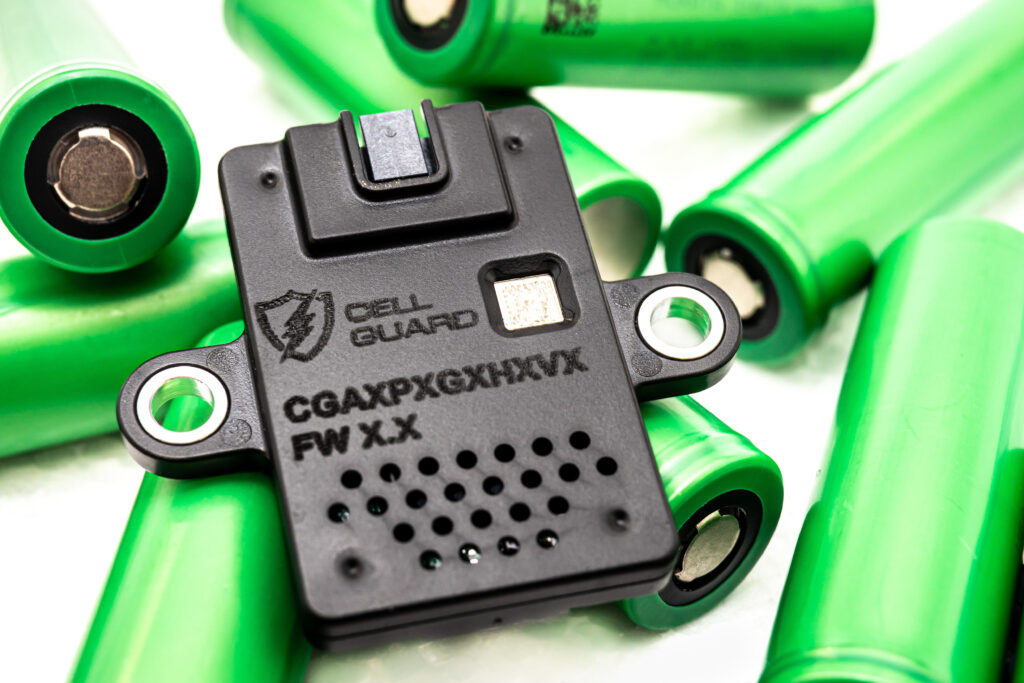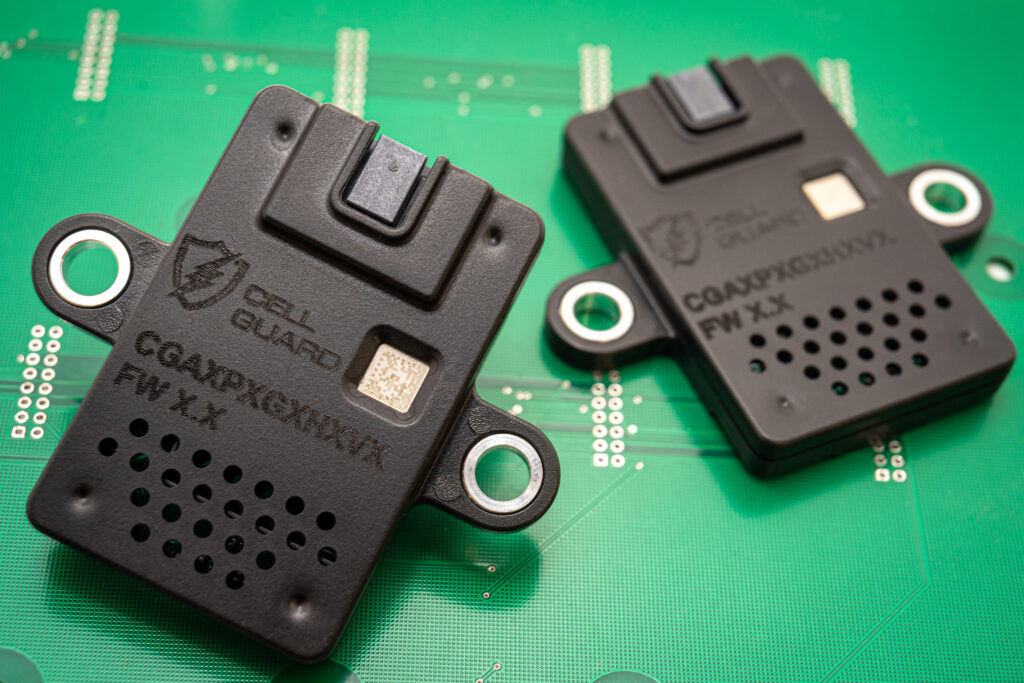By: Metis Engineering CEO Joe Holdsworth
Metis Engineering, a leading specialist in battery sensor technology, has addressed the unsustainable and unnecessary scrapping of used Electric Vehicles (EVs) as a result of the automotive market not having sufficient access to vehicle battery health data.
Metis Engineering CEO Joe Holdsworth said; “Many EVs are needlessly scrapped when they have been involved in a collision. We’ve created a battery health monitoring sensor with an accelerometer that allows engineers to look at the shock loads a battery pack experienced if a pack is dropped or an EV is involved in a collision. Insurers can then make an informed decision as to making a repair, second life-ing the battery or scrapping the vehicle entirely.”
To address this issue Metis Engineering have developed Cell Guard, a sensor that includes an accelerometer which records the force of the impact on the battery pack, providing a much more accurate view of the health of the battery and the likelihood of future failure. Until now, the used EV market has not had an effective method to provide consumers with clear data on the health of a car’s battery. Consequently, insurance companies face uncertainty when assessing potential battery damage, often resulting in conservative write-offs even if they have travelled only a few miles. This practice not only raises insurance premiums for consumers but also contributes to unnecessary waste, hindering the circular economy principles that underpin the EV industry.

Cell Guard features other sensing technology, to detect cell venting, the first sign that the battery may go on to experience thermal runaway which results in often catastrophic battery fires.
Whilst all EVs feature a Battery Management System (BMS), these typically only measure voltage and temperature. Cell Guard acts as an early warning system allowing the appropriate intervention to prevent fire. Cell Guard is installed in the battery array and senses the whole battery environment which differs from traditional BMS sensors that only monitor, at best, every other battery cell making the chance of detention, at best, 50%. Cheaper EV battery packs typically monitor one in every 12 cells of the tens of thousands in the battery array.
This information can radicalise the resale market of used EVs and the second-life battery pack market, with buyers given much needed clarity to be able to make informed decisions regarding battery pack condition, as well as its maintenance.
Holdsworth continues; “The unknown risk of poor EV battery health is one of the biggest and most significant barriers hindering the growth of the used electric vehicle market. By providing consumers and insurers unprecedented insights into battery health, it empowers informed decision-making while minimising uncertainty surrounding minor collision damage. Cell Guard is a game-changing solution that bridges the gap between insurers, consumers, and the EV industry.
Developed using ISO26262 processes and certified to ISO Automotive Standards, Cell Guard is designed and assembled in the UK under strict quality-controlled conditions to satisfy orders from a rapidly growing number of OEMs and Tier 1s where they are being used in ASIL B applications.

Cell Guard is also capable of detecting cell venting, which is an early sign of catastrophic battery failure vastly reducing the risk of thermal runaway. Unlike current battery cell monitoring systems (BMS), which typically only offer temperature and voltage sensors, Cell Guard monitors a range of environmental parameters required to ensure that the battery continues to operate in optimum conditions, including VOCs, Pressure change, Humidity, and Dew point.
With Cell Guard, Metis Engineering is setting a new standard for advanced battery health monitoring in EVs and Energy Storage Systems.

